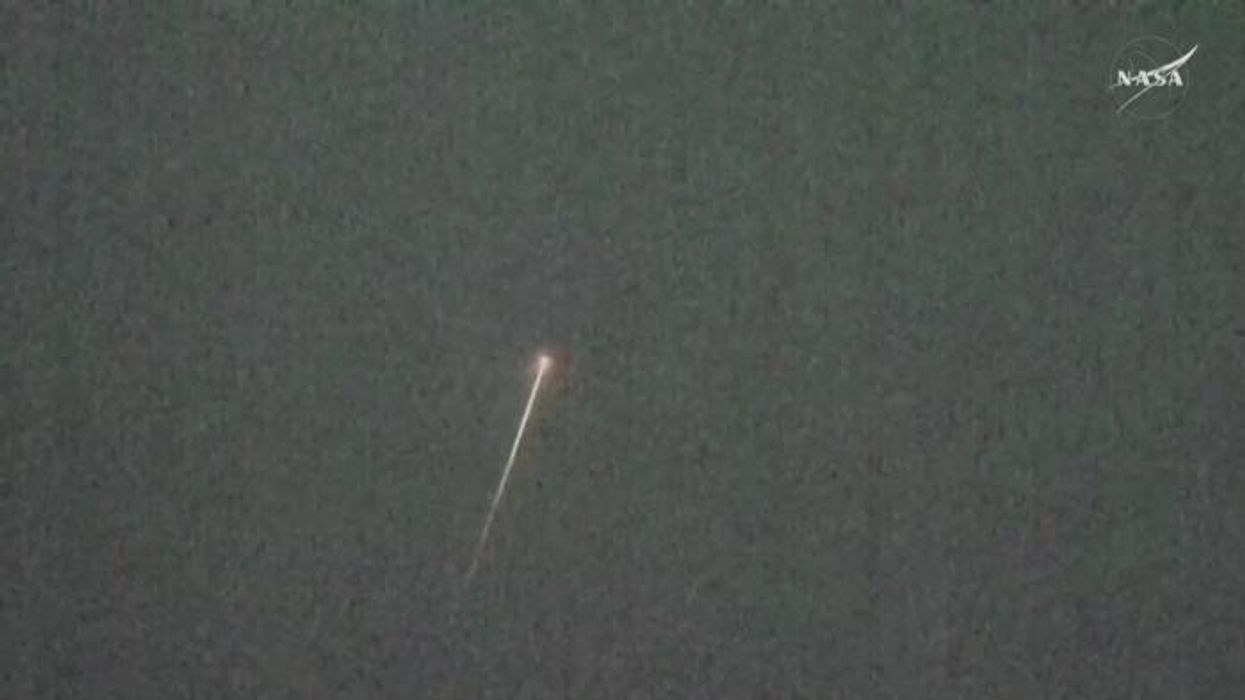Science breakthrough as experts discover universe is decaying FASTER than expected

Nasa's SpaceX Crew-8 astronauts return safely to Earth
|Nasa
The new research adds to Stephen Hawking's theory
Don't Miss
Most Read
Scientists at Radboud University in the Netherlands have calculated the exact moment when our universe will cease to exist.
Their groundbreaking research reveals that everything will end in one quinvigintillion years - a one followed by 78 zeros.
This timeline is significantly shorter than previous estimates, which suggested the universe would last for 10 to the power of 1,100 years.
The dramatic reduction comes after researchers discovered that the universe is decaying much faster than previously thought.

The new research suggests everything will end in one quinvigintillion years
| GETTYThe key discovery is that neutron stars and white dwarfs can evaporate through a process similar to Hawking radiation, which was previously thought only to affect black holes.
This radiation causes these dead stars to dissipate and eventually explode when they become too unstable.
Researchers showed that all objects with a gravitational field can evaporate in this way.
Massive stars explode into supernovas before collapsing into neutron stars, while smaller stars will become white dwarfs.
LATEST DEVELOPMENTS
These "dead" stars can exist for extremely long periods, but their eventual decay helps scientists determine the universe's maximum lifespan.
According to lead researcher Heino Falcke, past studies failed to account for Hawking radiation, leading to an overestimation of the universe's lifespan.
The team corrected this by calculating the time it takes for neutron stars and white dwarfs to decay through this process.
Their findings have been accepted for publication by the Journal of Cosmology and Astroparticle Physics.

'The ultimate end of the universe comes much sooner than expected'
|GETTY
Professor Falcke said in a statement: "The ultimate end of the universe comes much sooner than expected, but fortunately it still takes a very long time."
In 1975, renowned physicist Stephen Hawking suggested that particles and radiation could escape from black holes, contradicting the belief that nothing escapes their gravitational pull.
According to Hawking's theory, temporary particles can form at a black hole's edge. Before they merge, one particle is sucked back whilst the other escapes.
These escaped particles constitute Hawking radiation, causing black holes to gradually decay.
The team used their 2023 study, published in the journal Physical Review Letters, as groundwork for this discovery. In that earlier work, they demonstrated that all objects with a gravitational field should be able to evaporate via a similar process.
Their calculations suggested that the evaporation rate depends only on the object's density, which offers a new perspective on Hawking's theory.










